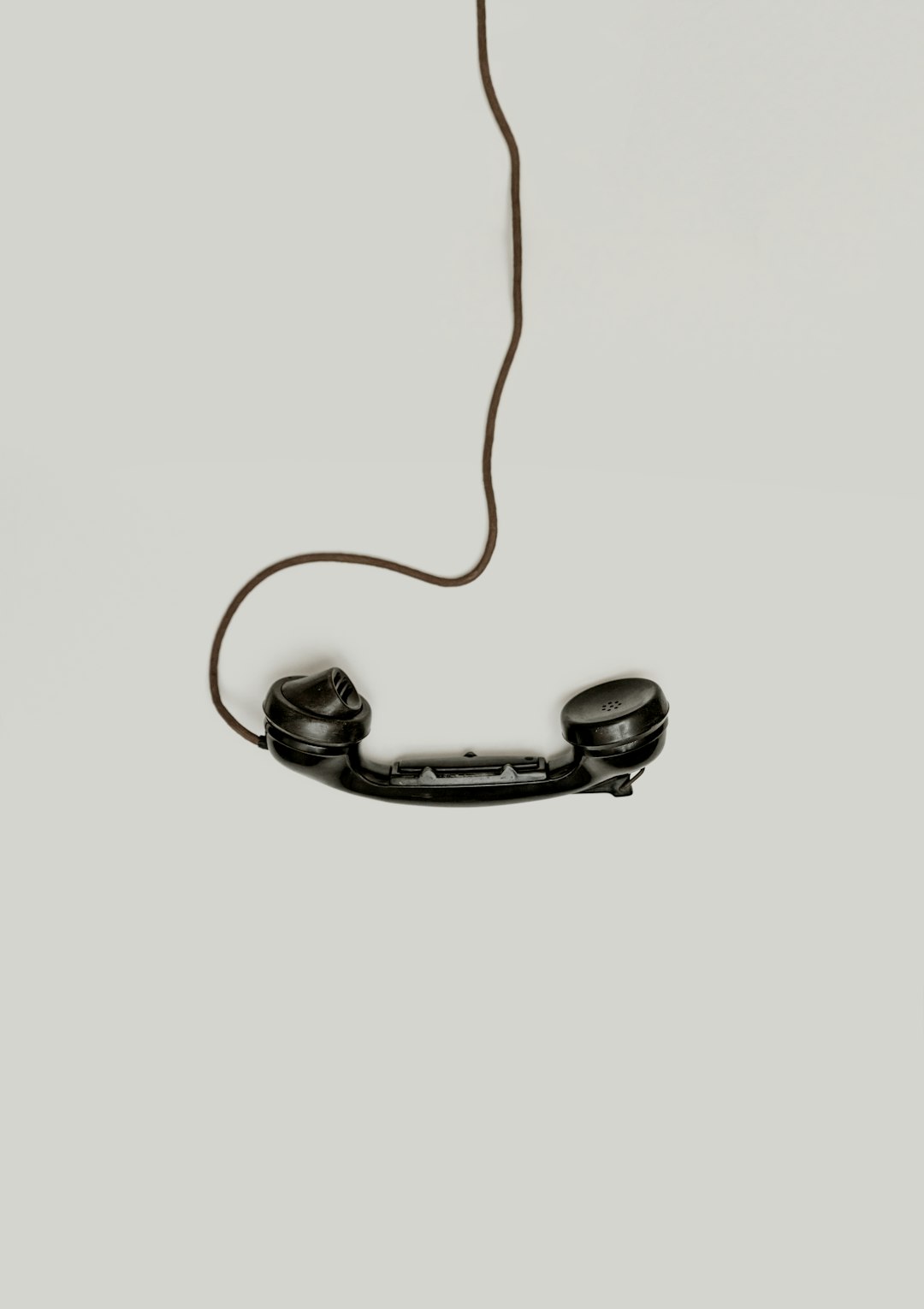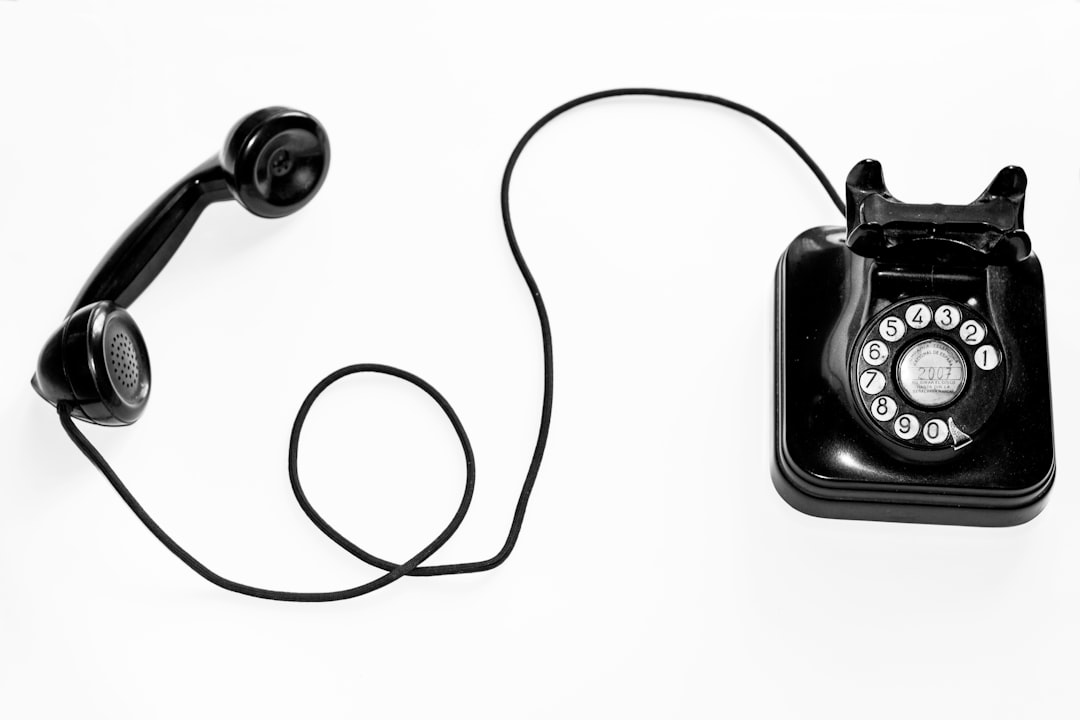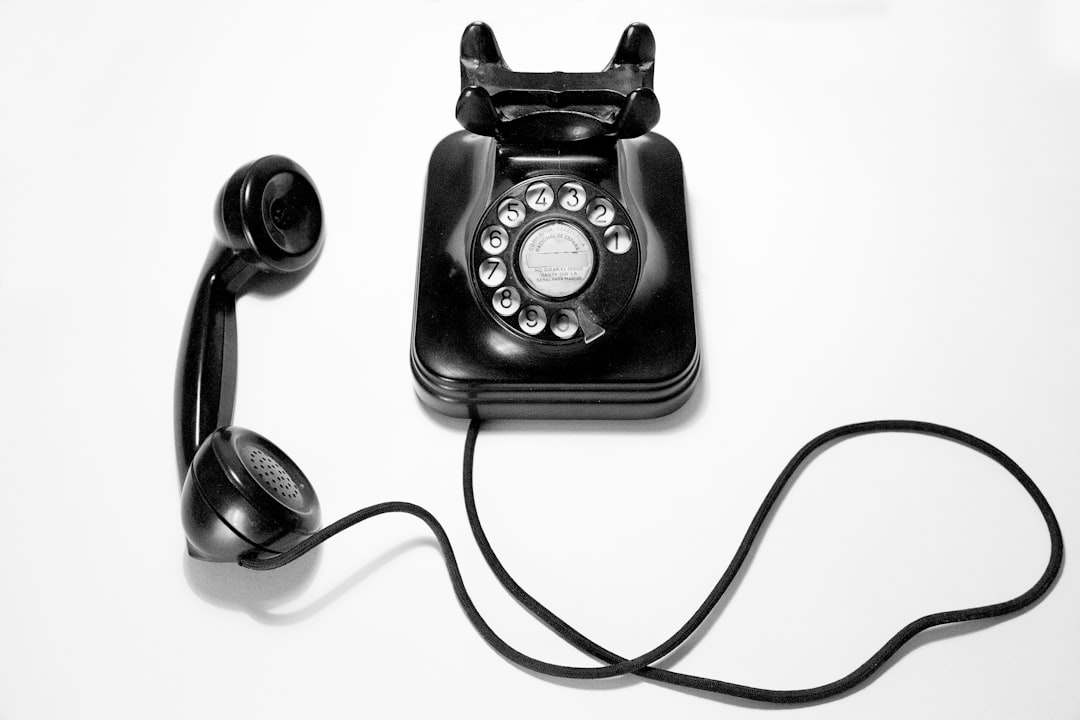In Arkansas, robocalls are regulated by federal laws like the TCPA to protect residents from fraudulent activities. Recording robocalls requires explicit caller consent and adherence to FCC guidelines, with strategic timing during business hours recommended. Using high-quality audio equipment and proper file formats ensures clear recordings. Strict privacy laws govern the handling of recorded calls, emphasizing consent and secure storage. Compliance is crucial for both consumer protection and legal avoidance in Robocall Arkansas.
In the age of automated communication, robocalls have become a ubiquitous—yet often contentious—aspect of daily life in Arkansas. This guide explores best practices for recording these calls within the legal framework specific to the state. From understanding the legal status of robocalls in Arkansas to ethical recording techniques and equipment selection, this article covers everything you need to know to ensure compliance with federal guidelines while protecting privacy rights.
Understanding Robocalls and Their Legal Status in Arkansas

Robocalls, automated phone calls that deliver recorded messages, have become a ubiquitous part of modern communication. While they can be useful for businesses and organizations seeking to reach a large audience quickly, robocalls are often associated with unwanted or fraudulent activities, leading to consumer frustration. In Arkansas, as in many states across the country, the legal status of robocalls is regulated by the Telephone Consumer Protection Act (TCPA), which restricts how businesses can use automated dialing systems and prerecorded messages. Non-compliance can result in significant fines.
Arkansas residents have certain rights when it comes to robocalls. They can file complaints with the Arkansas Attorney General’s Office if they believe a call was made in violation of the TCPA. Understanding these legal protections is crucial for both consumers and businesses operating within the state. By knowing their rights and responsibilities, individuals can better navigate the complex landscape of robocall regulations in Arkansas.
Obtaining Consent: A Key Practice for Ethical Robocall Recording

In Arkansas, just as in many other states, recording robocalls falls under strict regulations to protect consumer rights and privacy. One of the most crucial practices for ethical robocall recording is obtaining consent from the caller. This involves clearly communicating to the individual that their call is being recorded and securing their agreement. It’s essential to provide a clear and concise explanation of why the call is being recorded, ensuring transparency throughout the process.
Without proper consent, any recorded communication could be considered illegal, leading to potential legal consequences for the recorder. For robocallers targeting Arkansas residents, understanding and adhering to these guidelines are not just ethical considerations but also vital steps to avoid legal pitfalls.
Best Times to Record: Ensuring Compliance with Federal Guidelines

When is the best time to record a robocall in Arkansas? Understanding the optimal timing for recording can help ensure compliance with federal guidelines and protect your rights as a consumer. According to the Federal Communications Commission (FCC), there are strict rules regarding the recording of telephone conversations, including robocalls.
The FCC permits the recording of automated messages, like robocalls, only if the caller has been informed that the call is being recorded. This consent can be obtained verbally or through a prerecorded message. To avoid legal issues, it’s advisable to record robocalls Arkansas during business hours when individuals are more likely to answer their phones and be aware of the recording process. This increases the likelihood of obtaining verbal consent while also ensuring that any recorded conversations meet the required legal standards.
Techniques for Effective Robocall Recording Equipment Selection

When selecting equipment for recording robocalls in Arkansas, it’s crucial to consider factors that ensure clarity and accuracy. Start by choosing a high-quality recording device with sufficient storage capacity to handle lengthy calls. Digital audio recorders (DARs) are ideal due to their advanced noise reduction features and ability to capture intricate details. Ensure the device supports different file formats like WAV or MP3 for easy transfer and backup.
Additionally, invest in a reliable microphone designed specifically for call recording. Condenser microphones offer superior sound quality, capturing even faint audio cues. Mounting options should also be considered; desk-mounted or roving microphones cater to various call center environments. For legal compliance, ensure the equipment meets Arkansas’ record-keeping requirements and privacy laws, allowing for secure storage and handling of recorded calls.
Storing and Using Recorded Calls: Privacy and Legal Considerations

When storing and using recorded robocalls in Arkansas, it’s crucial to consider privacy and legal implications. In-state laws regarding consumer privacy must be strictly adhered to; this includes obtaining explicit consent before recording any phone conversations, including automated calls. Ensure that all recordings are securely stored, with access limited only to authorized personnel.
For legal protection, it’s important to use the recordings for their intended purpose—whether for quality control, training, or compliance checks—and to avoid sharing them in ways that could compromise individual privacy. Arkansas law provides guidelines on how long such recordings can be kept, so it’s essential to follow these rules to stay compliant with local regulations regarding robocalls.






